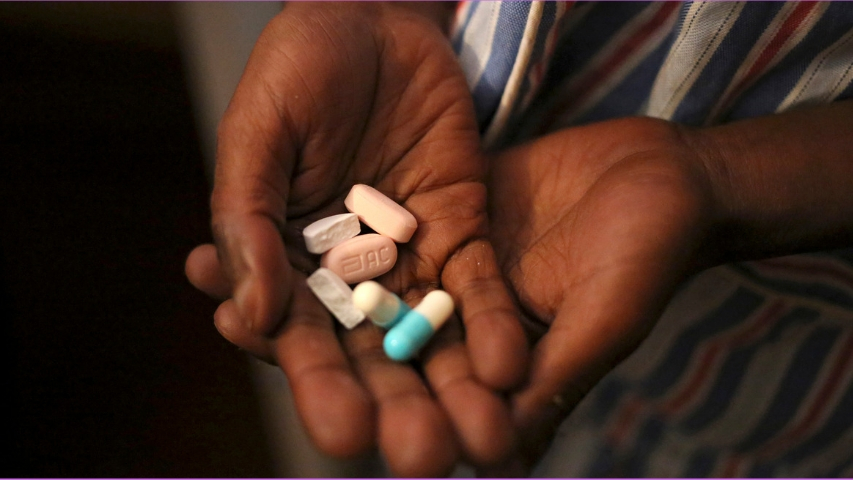
“Everyone has a right to access quality healthcare” - WHO
by Shruthi Venkatesh April 19 2019, 7:54 pm Estimated Reading Time: 2 mins, 22 secsThe World Health Organization has sponsored for the key topic of concern at a global medicine forum in South Africa stating that developing countries have long struggled with the price of medicines.
“This is a global human rights issue”, said WHO Assistant Director-General for Medicines and Health Products Mariângela Simão on Saturday at the WHO Forum on Medicines in Johannesburg. “Everyone has a right to access quality healthcare”.
The forum was a discussion platform for governments, civil society organizations and the pharmaceutical industry to identify strategies to reduce prices and expand access for all. It also called for greater transparency around the cost of research, development and production of medicines, to allow buyers to negotiate more affordable prices.

Lack of transparency forces countries to pay more for medicines
According to WHO, the price of high cost medicines each year has pushed 100 million people into poverty. Health authorities in high-income countries increasingly have to ration medicines for cancer, hepatitis C and rare diseases. And the problem extends to older medicines whose patents have expired, such as insulin for diabetes.
“Medical innovation has little social value if most people cannot access its benefits,” stressed Ms. Simão.
Some forum delegates noted that a lack of transparency around prices paid by governments actually translates into many low- and middle-income countries paying more for certain medicines than wealthier countries do.
As a good example of countries sharing the collaboration in achieving a fair price on medicines, the so-called Beneluxa network – Belgium, Netherlands, Luxembourg and Austria – was cited as having yielded promising results.
The UN News reports that the forum highlighted WHO’s a useful tool called MI4A, to achieve competitive vaccine prices. MI4A provides a global perspective on vaccine markets, responding to WHA Resolutions and WHO SAGE requests for action. In particular, MI4A aims to identify and address affordability and shortage issues for self-funding and self-procuring countries that are mostly excluded from international support. It leverages the success of the WHO Vaccine Product, Price and Procurement (V3P) project. The forum also pointed out that some European countries have been sharing policies to expand access to medicines through the WHO-supported Pharmaceutical Pricing and Reimbursement Policies (PPRI).
Moreover, the 2030 Sustainable Development agenda also highlights and supports the need for access to medicines for all.
The WHO took to social media tweeting, “At WHO Forum on Medicines, Countries & Civil Society Push for Greater Transparency & Fairer Prices. WHO to continue to facilitate countries’ information-sharing to improve transparency on prices”.
The organization also announced that over the coming weeks, it will launch a public consultation online to collect views from relevant participants on what actually constitutes a fair price.





-173X130.jpg)
-173X130.jpg)
-173X130.jpg)
-173X130.jpg)

_(7)-173X130.jpg)
-173X130.jpg)